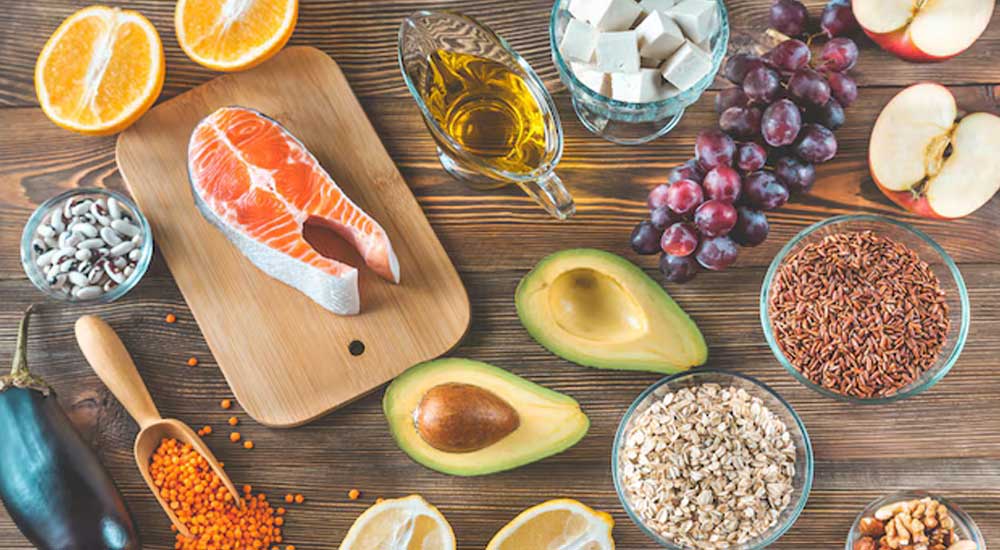
Well, your body needs cholesterol for several vital functions, including building cell blocks, producing essential hormones, and aiding in digestion. However, you may likely have more cholesterol in your body than you need. Too much cholesterol in the blood can stick to the walls of arteries and block them, which can put you at risk of developing coronary artery disease or other heart disease.
What is cholesterol?
Cholesterol is a wax-like substance that is made by your liver. They are carried through the bloodstream by lipoproteins. There are two types of lipoprotein:
According to the Centers for Disease Control and Prevention, your body produces enough cholesterol for your body to function properly. However, a diet high in saturated fats can raise your cholesterol levels even higher.
How to lower your cholesterol levels?
The ideal way to lower your cholesterol levels is to make heart-healthy lifestyle changes, such as healthy eating habits, weight management and regular physical activity. However, your diet plays a huge role in lowering cholesterol levels. Here are a few food items which are beneficial to reduce high cholesterol:
1. Avocados: Avocados are a good source of monounsaturated fats and fibers. These two are the main nutrients that help lower LDL and raise HDL. There are many ways in which you can incorporate avocados into your diet, such as salads, guacamole, and on toast.
2. Nuts: Nuts, most specifically walnuts, cashews, almonds, peanuts, and pistachios help lower LDL cholesterol, triglycerides and total cholesterol. Walnuts contain omega-3 fatty acids that help lower LDL, improve heart health, and reduce inflammation. Similarly, almonds are a natural source of phytosterols, which also helps lower LDL cholesterol. Eating a handful of nuts on a daily basis can help lower the risk of cardiovascular disease by 30%.
3. Legumes: Widely known as pulses, are a bunch of plant foods that include lentils, beans, and peas. Legumes are not only helpful to lower LDL cholesterol, it also decreases the risk of diabetes, obesity, high blood pressure and inflammation.
4. Fatty fish: Salmons and mackerel are great sources of omega-3 fatty acids. Studies have found that these help increase high density lipoprotein and decrease low density lipoprotein, which may decrease the risk of developing certain chronic diseases like cardiovascular disease, cardiac arrest, hypertension and arrhythmia. Try eating fatty fish by steaming or stewing, because fried fish can increase the risk for heart disease and stroke.
5. Fruits and vegetables: Fruits and vegetables are excellent to add to your heart-healthy diet. They are rich in fiber, antioxidants and nutrients. Eating more than three servings of vegetables and fruit daily, helps lower blood pressure, triglycerides, LDL and total cholesterol. You can eat more vegetables by making soups and smoothies.
Along with adding these foods to your diet, you are also required to eliminate oily or processed foods from your diet. Also, try to move more, because physical activity is one of the best things you can do to improve heart health and prevent complications.